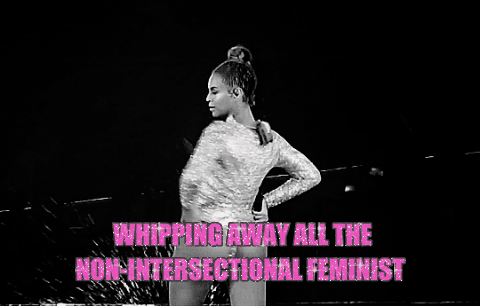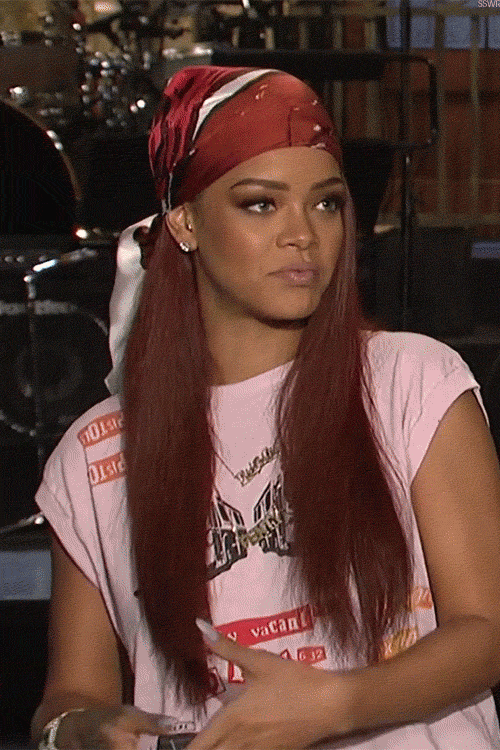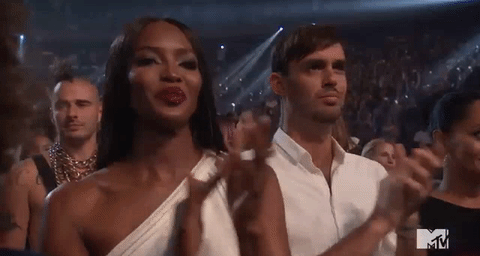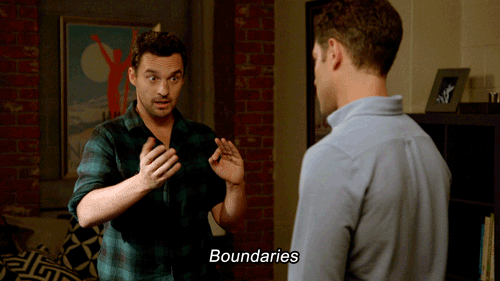Don't Call Me A Feminist

With our new found president busy making America “great” again, the feminist movement seems to be at an all time high. Although women have been fighting for justice for decades, women near and far are continuing to join forces to seek the equality they so desperately deserve. While it sounds ideal, and while I’m all for equality and justice for women, if only the title of “feminist” was so simple. What I’ve grown to realize is that a term such as feminism is pretty difficult to relate to depending on your own personal experience. With that said, as a black woman I’ve witnessed this movement geared to inclusion and equality for women, publicly exclude women of color in the process; making the authenticity of their motives questionable.
If you take a look back into the history of the feminist movement you can see just how the origins of it lacked inclusion in the first place. Dating back to the 19th century and the iconic Women’s Suffrage Movement which changed women’s rights forever, this movement was not in full support of black women. In fact Susan B. Anthony, one of the most pivotal voices and leaders of the movement was said to casually hide her racism in with her passionate pursuit of gender equality ….. allegedly.
Although I wasn’t there to personally attest, Anthony has been quoted for her strong opinions on the matter.
“I will cut off this right arm of mine before I will ever work or demand the ballot for the Negro and not the woman.” said Anthony.
While this was in response to the 15th amendment which gave black men the right to vote, Anthony must of forgotten that “negros” much of which were black women were also in support of her efforts….but I digress.

Nonetheless, the feminist movement was problematic from the start. The movement focused on the inclusion and problems primarily of white women and fast forward over a century later, women of color are still facing those same consequences from them originally being excluded. Throughout the years this has stirred up great controversy for modern day feminist or in this case lack thereof.
As of 2018, majority of women are no longer even considering themselves feminist for these exact same reasons. Whether it be the vague definition, the inequality it truly represents, or lack of inclusion of all women, feminists are now becoming far and few throughout the U.S. Studies show only 23 percent of American women consider themselves feminist. Shocking.
But with a movement such as the feminist movement, created to solve the problems, inequalities and injustices women are faced with, why is this movement still so problematic ? But more importantly why hasn’t it worked yet ?
Answer-- All women do not have the same problems !
Now if you know anything about problem solving, you’d know you can’t solve multiple complex problems with one concrete answer and that is what the feminist movement aims to do.
While we are all women, our everyday experiences are vastly different making our everyday hardships different as well. Therefore the problems of a White woman would vary then that of a Black one or a disabled woman may be faced with different problems than that of a homosexual. Our individual lives say a lot about the needs of each women and generalizing those problems make them difficult to solve.
The feminist movement by definition aims to bring social, political and economical equality to both sexes, but it’s important that we understand as women, our social, political, and economic stance are not always one and the same.
What the feminist movement has always lacked is intersectionality.
Intersectional feminism coined by civil rights advocate and law professor Kimberlé Crenshaw focuses on the life of every woman and her individual identity. While the regular feminist movement often generalizes women as one, intersectional feminism focuses on the differences of each woman’s individual background and how she is faced with oppression because of it. These individual identities vary from sexuality, race, social class, age, disability, privilege the list continues. By understanding each woman’s individual problem, intersectional feminism allows for us to have a better chance at finding a solution suitable for ALL, unlike the regular feminist movement.
Women are complex, well rounded, unique individuals who deserve equality based off their own individual needs. The feminist movement lacks inclusion, and how can I support a women’s movement that excludes women ? There is no “one size fits all” type of woman, therefore there shouldn’t be a “one size fits all” type of feminism to defend us. I will always fight for women’s rights, I will always defend equality, but a title of "feminist" without "intersectionality" is one I can't support.














